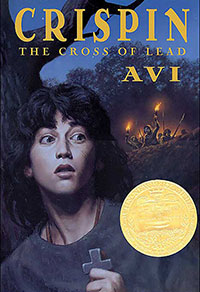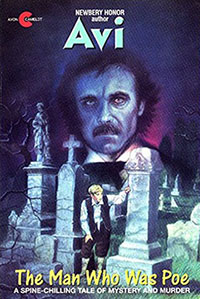In this time of distance teaching, any number of teachers have contacted me (and I’ve heard other writers) with a request: “May I have a copy of your book—which I assume you have in digital format—so I can post the text online for my students so they can read it.”
The short blunt answer is “No. It’s impossible.” But you need to understand why.
If you are a writer like me, who has been writing for a long time, please be aware that I have written my books by hand, on typewriters, with electric typewriters, and on computers. If written on a computer, they may have been composed on a floppy disk, hard disk, or on my PC’s hard drive. I cannot tell you which format fits which book.
I rewrite my books many times. Yes, I print out the drafts many times too, but guess what? I throw all those drafts out. At a certain point I even delete them from my computer.
 When I get to a draft that’s deemed ready (I may be wrong) to show my editor, that draft will go through many revisions. When I first wrote Crispin: the Cross of Lead, there was no cross in the story. Same book, I must have written—with the urging of my editor—and rewritten the beginning some twenty times. I have none of those drafts.
When I get to a draft that’s deemed ready (I may be wrong) to show my editor, that draft will go through many revisions. When I first wrote Crispin: the Cross of Lead, there was no cross in the story. Same book, I must have written—with the urging of my editor—and rewritten the beginning some twenty times. I have none of those drafts.
Nowadays, editors make suggestions in a variety of ways: letters, notes, or writing directly on the manuscript. Many of them make their notes—on the manuscript—electronically. I keep none of that.
It is the editor, not the writer, who usually decides when the basic rewriting is done. Then there is line editing. This just what it sounds like: revising the writing (not the plot) of the book sentence by sentence.
I go through all that and adjust on a version of the manuscript I’m working on. I send that in.
At this point a copy editor takes over. This is a highly skilled grammarian, speller, and person of great logic who reviews the book for mistakes, glitches, and faulty logic. (“On page 16 you said the character was 13 years old. At this point the character should be a year older. You need to give him/her a birthday.” Or, for an animal story I was writing a copy editor truly said, “I find it hard to believe a raccoon could drive a locomotive.”
More changes.
Then, just when you think the book has been finished, you get a call from your editor (Dick Jackson did this all the time) and he says: “I’ve been thinking. we skipped a narrative beat in chapter thirteen………..)
More changes.
Another copywriter goes over the book.
The book has a trial printing. I get a copy and go through it, and yes, find a need for changes.
A second trial printing. Then a third. Once—at this stage—I discovered half a chapter had been left out.
 Then I finally get a copy of the published book. But—when The Man Who was Poe was published, I discovered a key paragraph had been dropped. The whole edition had to be recalled, a new page printed, and that page tipped in.
Then I finally get a copy of the published book. But—when The Man Who was Poe was published, I discovered a key paragraph had been dropped. The whole edition had to be recalled, a new page printed, and that page tipped in.
As you can see it’s hard to know which is the final draft of the book, other than the absolute final one.
And recently, when given an opportunity to rewrite one of the Poppy books (Ragweed), I did so. How did I manage that? I took a copy of the printed book to a place that specialized in digitizing printed text.
And yes, I write my books, but I sell the rights to replicate the book to a publisher. Even if I wanted to give you permission to copy it—I’m bound not to.
“Can I have a digital copy of your book?” It existed in fifty ways. I have none of them.
If you want a copy of one of my books, the only way you can get one is to put your hands on the most recently published version of the book.
Believe it or not, that’s the only copy I have.
1 thought on ““May I have a digital copy of your book?””
Wow, Avi! I had no idea! What a complicated process! Thanks for walking us through that!